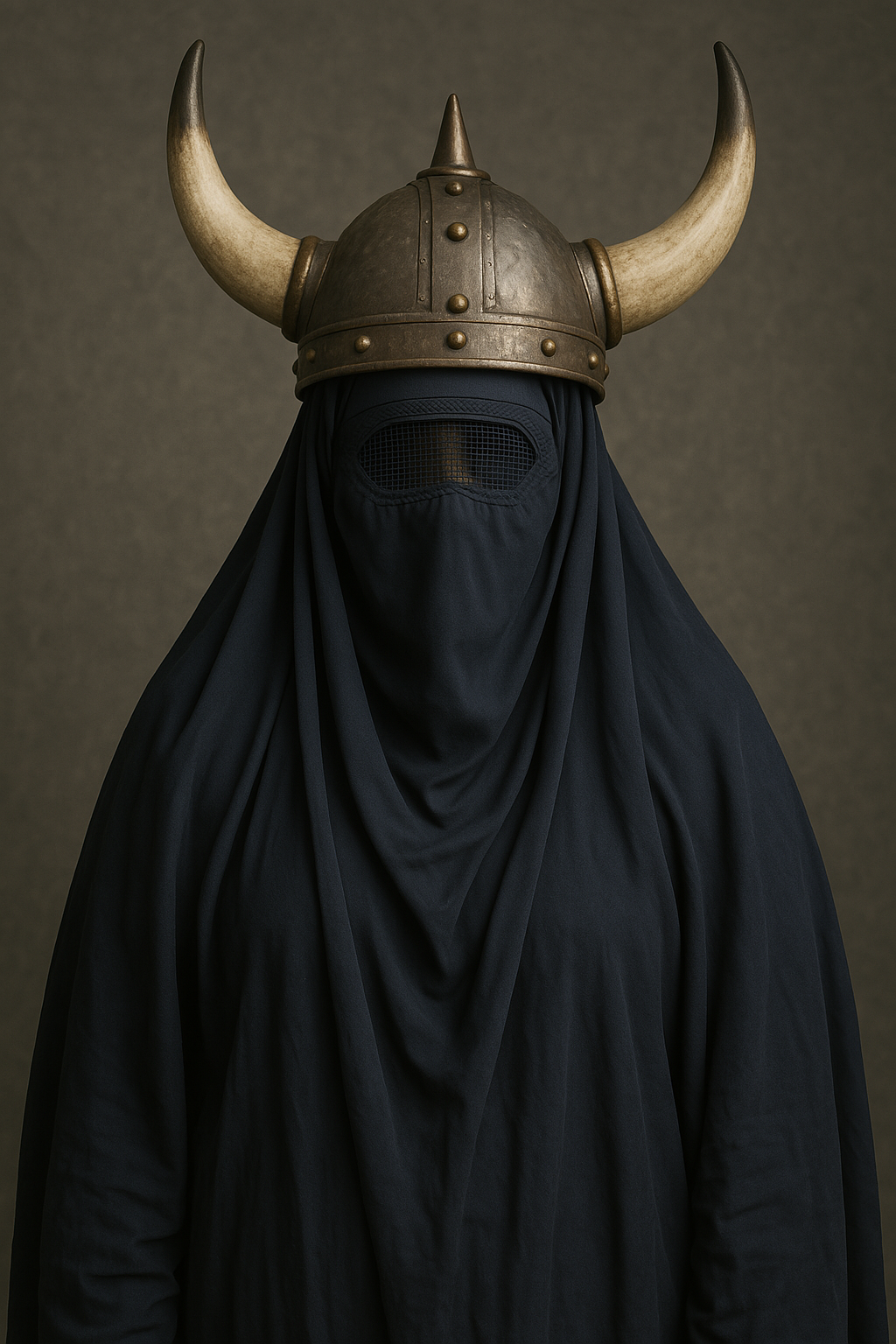Long-time readers will remember that I used to hold an annual ‘Paedocrite of the Year’…
Author: theantifeminist
News

Continue Reading

April 2025 News – Epstein Accuser Virginia Giuffre Commits Suicide
Epstein Accuser Virginia Giuffre Commits Suicide “Virginia Giuffre, who was trafficked by Jeffrey Epstein as…
Tactics

Continue Reading

Why I Came Back
After a bitter and costly legal battle with teenage sweetheart turned OnlyFans creator Sabrina Vaz,…
Tactics

Continue Reading

‘Noms de Guerre’ and the Value of Anonymous Activism
This weekend marked the 250th anniversary of the start of the American War of Independence….
Tactics

Continue Reading

What Gay History Teaches Us About Blame
A commonnly held objection to Sexual Trade Union theory in our circles is the claim…
News

Continue Reading

Sweden Wants To Ban Payment For Online Sexual Services
In 1999 Sweden became one of the first countries to criminalize payment for sex, and…
Community

Continue Reading

Scarecrow Is Alive!
If you thought that this site coming back was good news, and Jack coming back…
Random Musings

Continue Reading

Taking Sides On Gaza
With the alleged ‘genocide’ of Gaza apparently resuming overnight, I thought it would be a…
